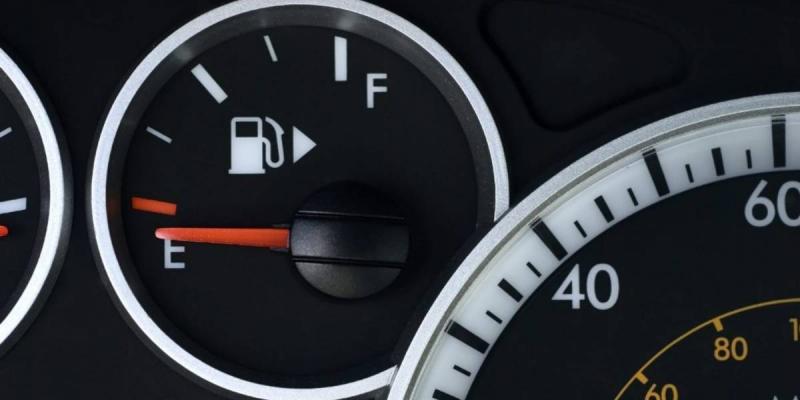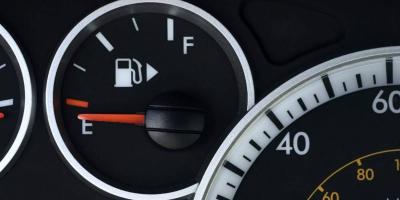Some may not agree that there are steps drivers can take to help reduce gasoline consumption, but several automotive experts have clarified that simple aspects of driving style can have a positive impact on fuel efficiency when applied collectively. Here are 10 tips from experts to help you save on fuel consumption and money:
1. **Avoid Idling**
Keeping the engine idling consumes more fuel. If traffic is slow or stopped, consider using the handbrake and turning off the engine immediately. If you have a modern car with stop-start technology, it will automatically reduce the time the engine consumes fuel when used correctly.
2. **Stick to Speed Limits**
Avoid speeding, as it can increase your fuel consumption. Stick to speed limits and use cruise control if your car is equipped with this feature to maintain a steady speed. It is also advisable to set the cruise control a few miles below the actual speed limit, in case the odometer is slightly off.
3. **Monitor Your Vehicle's Weight**
The heavier your vehicle, the more fuel it needs to move. Remove unnecessary weight when possible, such as roof boxes, bike racks, and excess luggage from the car when they are not needed.
4. **Accelerate and Brake Smoothly**
Rapid acceleration and hard braking consume a lot of engine power, which uses more fuel. This is one way to avoid needing to accelerate hard or brake suddenly, but you should also anticipate traffic ahead as much as possible.
5. **Warm Engine**
A warm engine is more efficient because your battery works better in warmer conditions. One way to improve fuel economy overall is to combine several smaller trips into one longer trip.
6. **Ensure Regular Maintenance**
Regular maintenance and servicing of your car keeps it in the best possible condition, which in turn helps reduce fuel consumption. It is recommended to ensure your car's maintenance aligns with the manufacturer's guidelines and to complete any maintenance work as promptly as possible.
7. **Check Tire Pressure**
One thing you should do regularly is check tire pressure because tires that are not inflated to the correct level can reduce fuel economy by up to 5%. Experts say if you drive frequently, check tire pressure once a month.
8. **Close Windows**
The more aerodynamic your car, the better its fuel economy. Open windows increase the vehicle's drag and create stronger wind resistance overall. Opening windows at low speeds has little effect, but if you are driving over 40 miles per hour, close them.
9. **Turn Off Air Conditioning**
Using air conditioning or heating on cold days requires more engine power, thus impacting your fuel consumption. It is more suitable to use air conditioning on a low setting, as this has less effect on fuel consumption.
10. **Ensure Air Filters Are Not Dirty**
Dirty air filters cause your car’s engine to work harder than necessary, which also means using more fuel. You should follow the manufacturer’s guidelines for changing them as needed to help improve fuel economy.
Source: Automobile World Website




